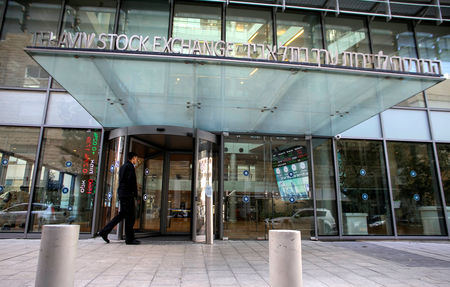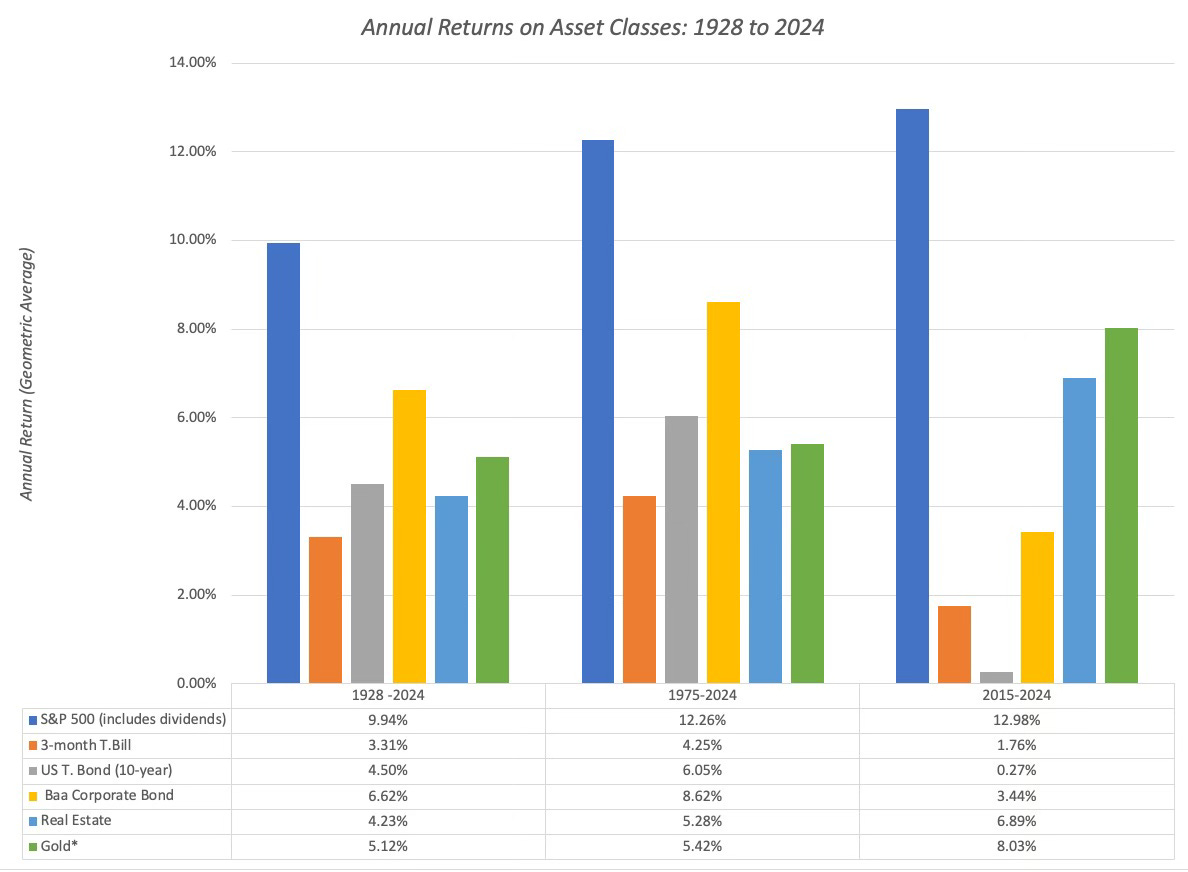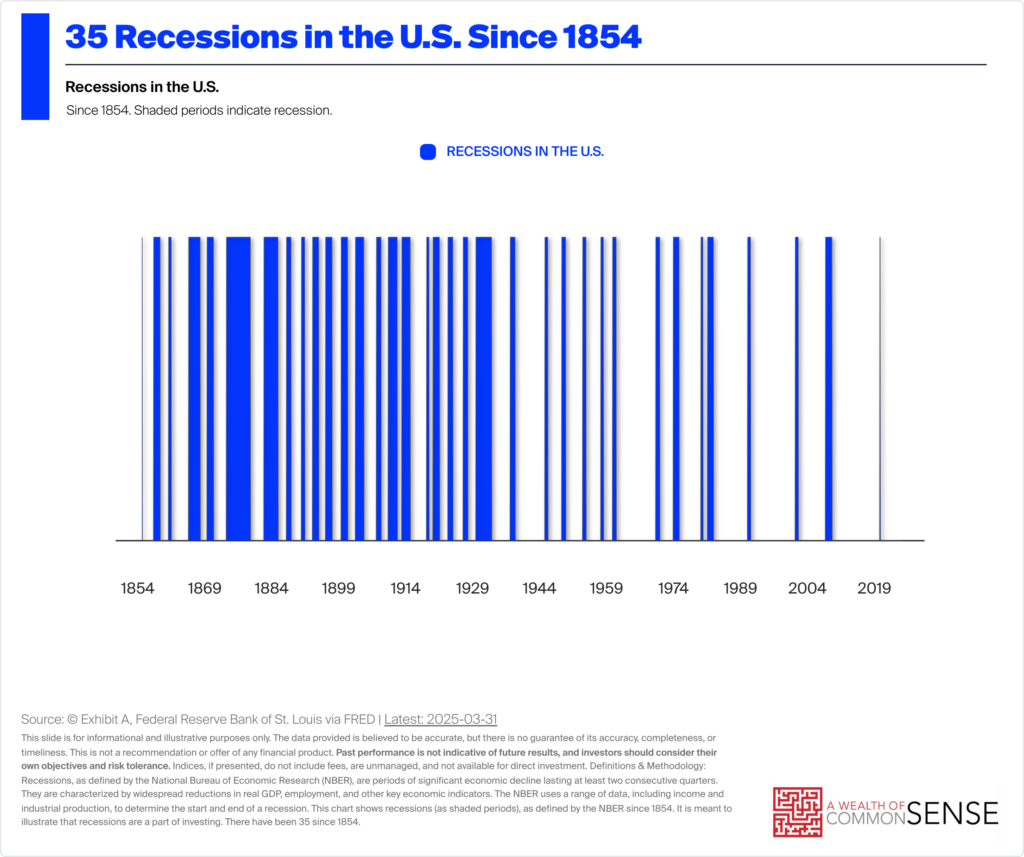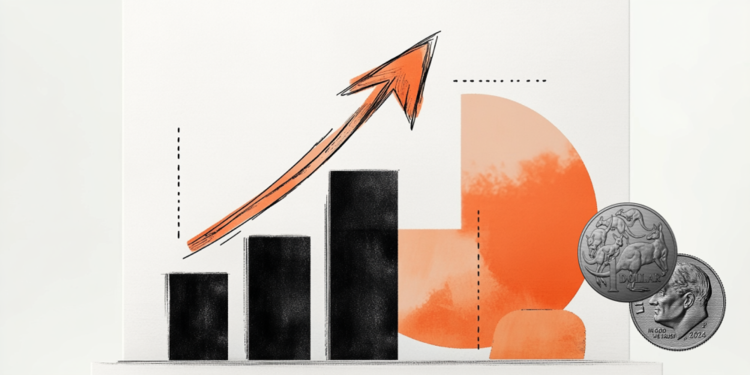The 3 Best Investments to Supplement Your Social Security in Retirement
There are many Americans who get all of their retirement income from Social Security. But people in that situation tend to struggle financially. And seeing as how the average retired worker collects just $1,976 a month, that’s understandable. Now by the time you retire, the average monthly Social Security benefit may be higher than $1,976 […] The post The 3 Best Investments to Supplement Your Social Security in Retirement appeared first on 24/7 Wall St..

Key Points
-
Retiring on just Social Security could leave you pretty cash-strapped.
-
Consider muni bonds, dividend stocks, and CDs to provide additional income.
-
Consult a financial advisor for help with a comprehensive portfolio.
-
4 million Americans are set to retire this year. If you want to join them, click here now to see if you’re behind, or ahead. It only takes a minute. (Sponsor)
There are many Americans who get all of their retirement income from Social Security. But people in that situation tend to struggle financially. And seeing as how the average retired worker collects just $1,976 a month, that’s understandable.
Now by the time you retire, the average monthly Social Security benefit may be higher than $1,976 due to inflation. But that doesn’t mean you’ll be able to live comfortably on those benefits alone.
A better bet is to set yourself up with investments that can supplement those monthly benefits. Here are three worth looking at.
1. Municipal bonds
Bonds are commonly thought of as a suitable investment for retirees because they tend to be fairly stable. They’re also great income-producers, with guaranteed interest payments in their contracts.
Within the realm of bonds, you may want to consider municipal bonds for a couple of reasons. First municipal bonds, or muni bonds, have historically low default rates, making them a potentially safer option than corporate bonds.
Also, muni bonds offer the benefit of tax-free interest income at the federal level. And if you buy muni bonds issued by your state of residence, you won’t have to pay state or local tax on your interest, either.
2. Dividend stocks
Once you’re no longer working, it helps to load up on investments that can provide you with a steady income stream. And dividend stocks fit that bill.
Granted, dividend payments aren’t guaranteed the same way bond interest is. Bond issuers are contractually obligated to make interest payments, whereas companies that pay dividends can stop doing so at their discretion, or lower their dividends when they feel it necessary. But if you choose stocks with a long history of paying dividends, or better yet, increasing them, then you may be less likely to have that happen.
3. CDs
CDs aren’t an investment the same ways municipal bonds and dividend stocks are. In fact, they’re more of an asset than an investment, since the principal value of a CD won’t gain value over time. But the nice thing about CDs is that they’re virtually risk-free, provided you stick to an FDIC-insured bank and also limit your deposit to $250,000 (or $500,000 in the event of a joint account holder).
Like bonds, CD interest is guaranteed. And what you may want to do is set up a CD ladder so you have various funds freeing up at different intervals to reinvest or use.
Now’s a particularly good time to start a CD ladder given where interest rates are at. As rates fall, CDs could become less attractive, but they’re a great supplement to Social Security today.
Of course, these are only three of many options you have for adding to your retirement income on top of Social Security. You may want to consult a financial advisor to see what other assets they recommend for your portfolio.
An advisor can help set you up with a nice investment mix that offers steady income with an appropriate amount of risk. They can also help you implement strategies to maximize your Social Security so those benefits pay you even more money each month.
The post The 3 Best Investments to Supplement Your Social Security in Retirement appeared first on 24/7 Wall St..


























































































































































